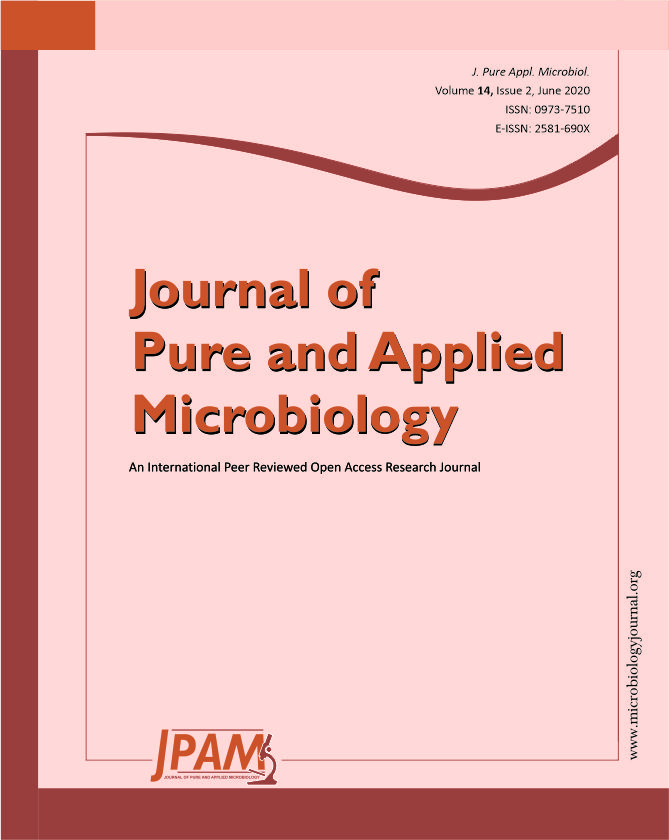Oily sludge generated by petroleum industries results in serious hazards to the environment due to its toxic effects. Microorganisms can survive in the harsh environment utilizing the pollutants as their sole source of carbon and energy. The present study was carried out to isolate and characterize the bacterial population present in the refinery wastes collected from Bongaigaon Refinery, Assam, India.The diversity of bacteria was significantly correlated (p< 0.05) with the physicochemical characteristics and level of hydrocarbon content of the studied samples. A total of 36 bacterial strains were isolated from the oily sludge sample. Two potent hydrocarbonoclastic bacteria were screened out based on their ability of degradation of petroleum hydrocarbon. The potent bacterial isolates also produced biosurfactants. The potent strains were identified as Pseudomonas sp. and Bacillus sp. Gravimetric estimation of hydrocarbon degradation and FTIR analysis revealed that these potent bacterial strains could remove different constituents of petroleum hydrocarbon. The indigenous bacterial isolates either alone or in consortium may be applied for degrading different fractions of hydrocarbon contaminants of the oily sludge to remediate the sludge polluted soil environment.
Oily refinery sludge, bacterial diversity, biosurfactant, hydrocarbon degradation, FTIR
© The Author(s) 2020. Open Access. This article is distributed under the terms of the Creative Commons Attribution 4.0 International License which permits unrestricted use, sharing, distribution, and reproduction in any medium, provided you give appropriate credit to the original author(s) and the source, provide a link to the Creative Commons license, and indicate if changes were made.


